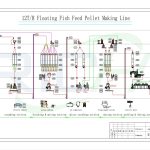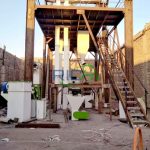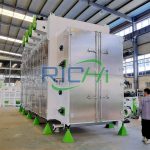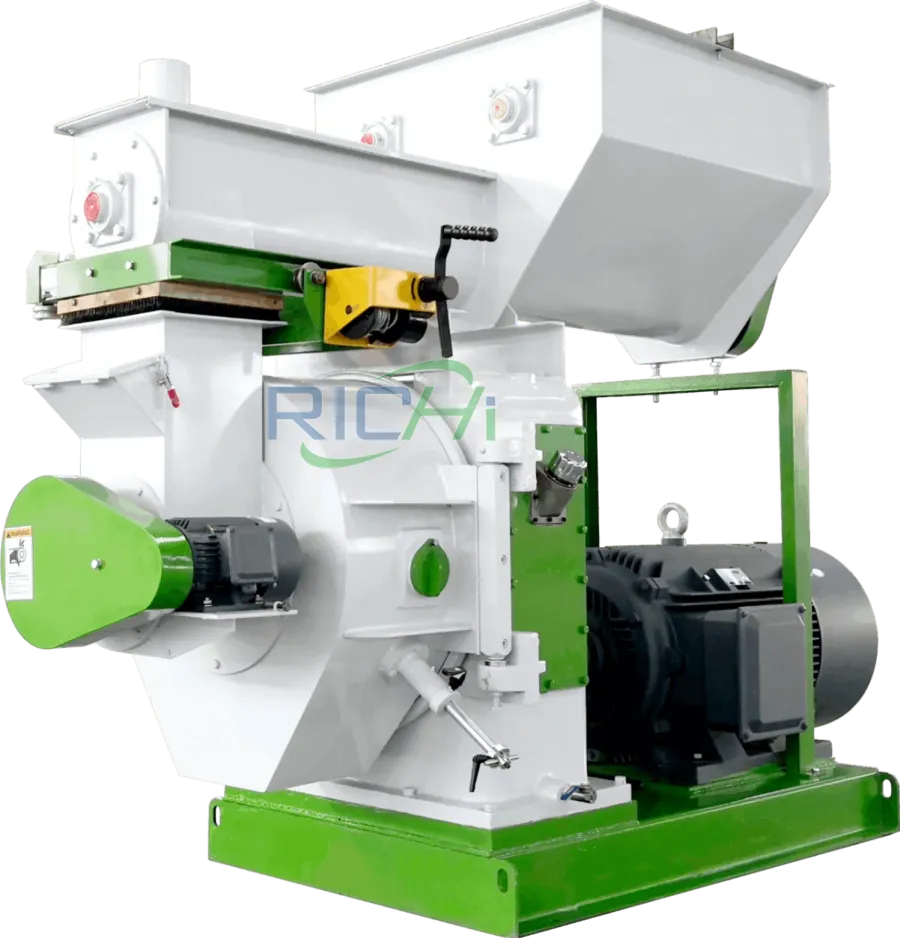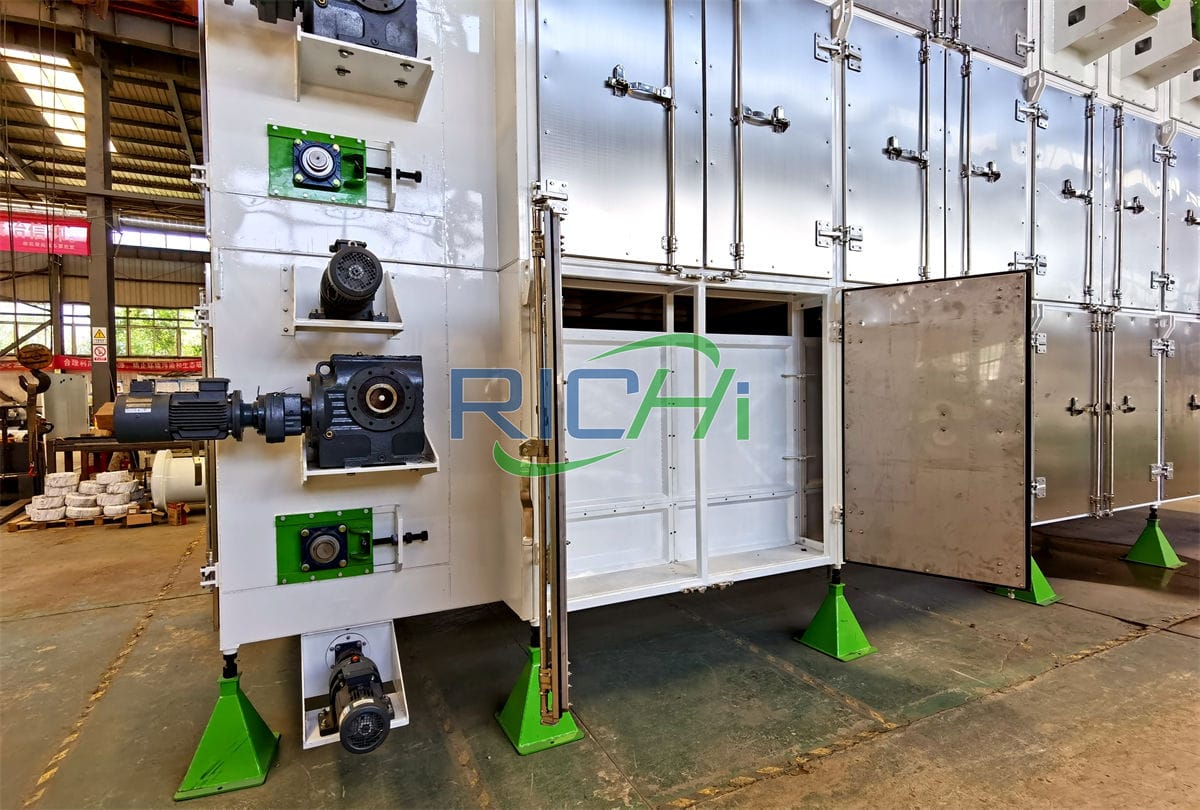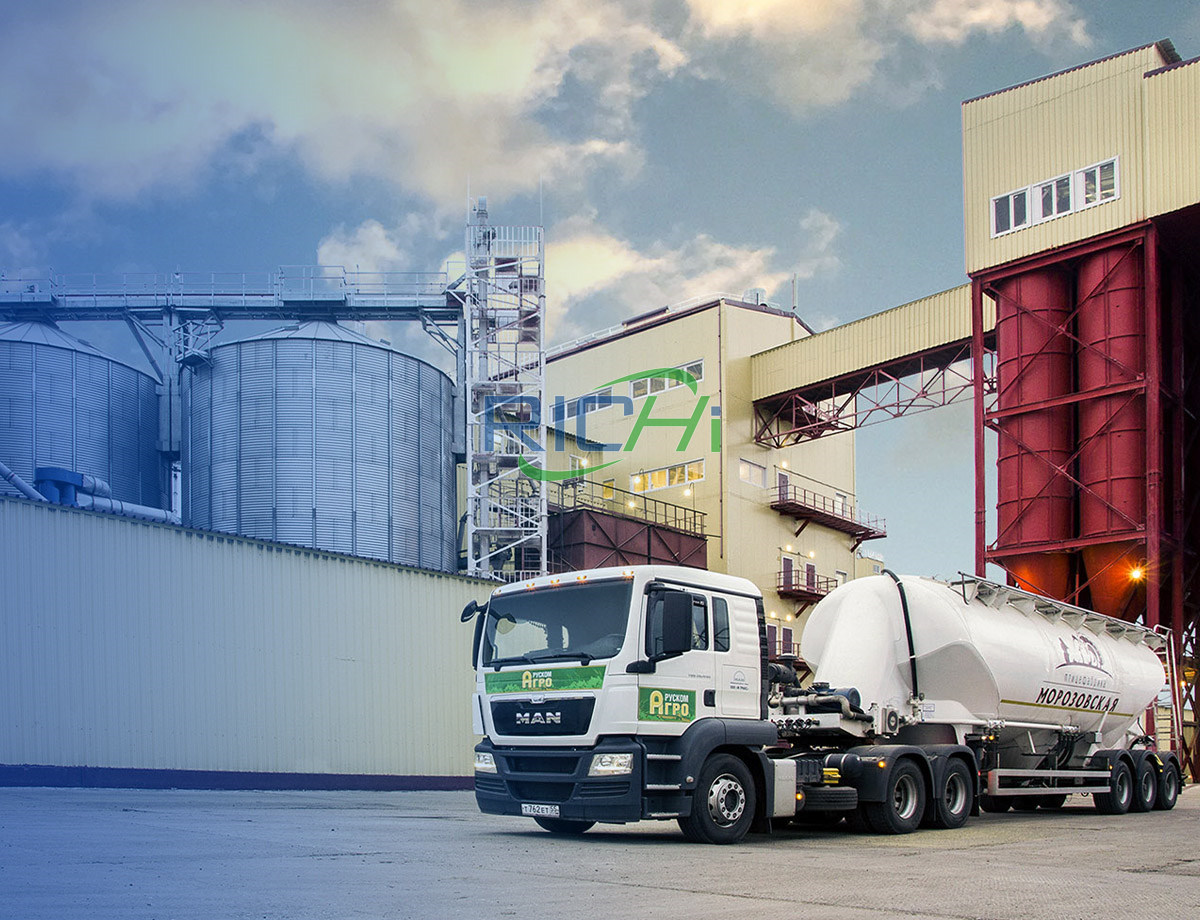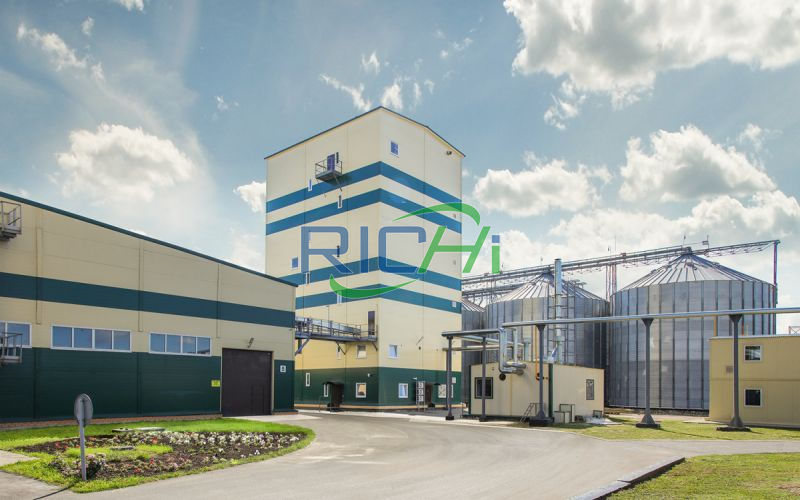Alfalfa pellets are considered a highly nutritious option for animal diets due to their rich and balanced nutritional profile. The unique combination of essential nutrients and natural properties of alfalfa plants contributes to their value as a feed choice. Here’s what makes alfalfa pellets so nutritionally beneficial for animals:
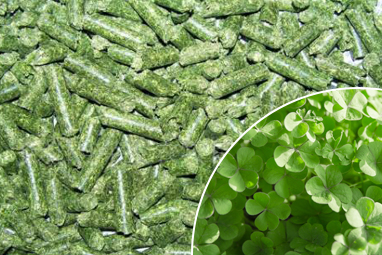
- High Protein Content: Alfalfa is renowned for its relatively high protein content compared to other forages. This protein is essential for muscle development, growth, and overall health in animals. The protein in alfalfa provides a source of amino acids that are crucial for various physiological functions.
- Rich in Fiber: Alfalfa pellets are a valuable source of dietary fiber. Fiber is crucial for promoting healthy digestion in animals by supporting gut motility, preventing constipation, and maintaining proper gastrointestinal function.
- Vitamins and Minerals: Alfalfa is naturally packed with essential vitamins and minerals, including vitamin A, vitamin D, vitamin E, calcium, and phosphorus. These nutrients are vital for bone health, immune system support, and overall vitality.
- Digestible Energy: Alfalfa pellets contain a favorable energy content that is easily digestible by animals. This energy is essential for fueling their daily activities and metabolic processes.
- Natural Carotenoids: The presence of carotenoids in alfalfa contributes to the vibrant green color of the plant. These compounds serve as antioxidants, helping to combat oxidative stress and promote overall well-being.
- Calcium-Phosphorus Balance: Alfalfa has a naturally balanced ratio of calcium to phosphorus, which is essential for maintaining healthy bones and preventing mineral imbalances that can occur with other feeds.
- Amino Acid Profile: Alfalfa contains a variety of essential amino acids that animals require for protein synthesis, enzyme production, and other critical functions.
- Palatability: Animals are generally drawn to the taste and texture of alfalfa pellets, making them a readily consumed feed option.
- Concentration of Nutrients: The pelletization process compacts the nutrients present in alfalfa, resulting in a higher concentration of vitamins, minerals, and protein per unit of feed. This concentration ensures that animals receive essential nutrients in a smaller serving size.
- Consistency: Unlike loose hay, alfalfa pellets offer consistency in nutritional content and quality. This predictability allows for more accurate and balanced feeding.
- Convenience: The pellet form of alfalfa eliminates the need for storage and handling of bulky hay bales, making it a practical choice for both livestock owners and small pet enthusiasts.
- Dust Reduction: Alfalfa pellets are less dusty than loose hay, promoting better respiratory health in animals and creating a cleaner feeding environment.
How to produce the alfalfa pellet? You can use the alfalfa feed pellet machine, an alfalfa pellet mill for sale in the world.
In conclusion, the well-rounded nutritional composition of alfalfa pellets, including their protein content, fiber, vitamins, minerals, and digestible energy, makes them a valuable and convenient option for promoting the health, growth, and overall well-being of animals. Whether for livestock or small pets, alfalfa pellets offer a concentrated source of essential nutrients that cater to a variety of dietary requirements.
-1024x536.jpg)
For more information about the alfalfa pellet machine, pls click richi website.


